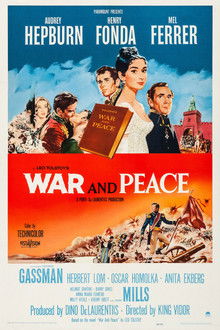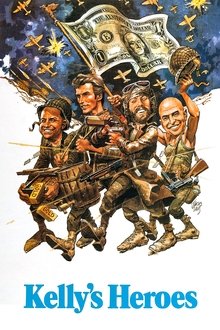Directors Hetherington and Junger spend a year with the 2nd Battalion of the United States Army located in one of Afghanistan's most dangerous valleys. The documentary provides insight and empathy on how to win the battle through hard work, deadly gunfights and mutual friendships while the unit must push back the Taliban.
Related Movies
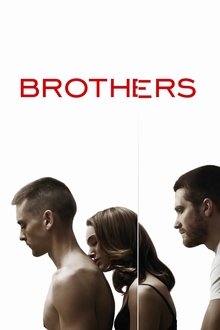
Brothers (2009)
When his helicopter goes down during his fourth tour of duty in Afghanistan, Marine Sam Cahill is presumed dead. Back home, brother Tommy steps in to look over Sam’s wife, Grace, and two children. Sam’s surprise homecoming triggers domestic mayhem.
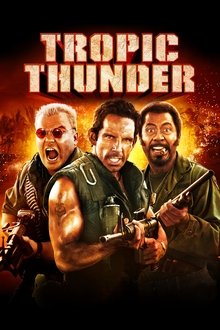
Tropic Thunder (2008)
A group of self-absorbed actors set out to make the most expensive war film ever. After ballooning costs force the studio to cancel the movie, the frustrated director refuses to stop shooting, leading his cast into the jungles of Southeast Asia, where they encounter real bad guys.
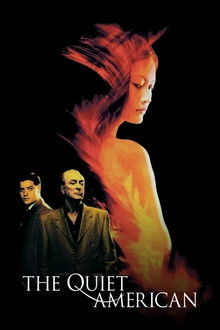
The Quiet American (2002)
Cynical British journalist Fowler falls in love with a young Vietnamese woman but is dismayed when a naïve U.S. official also begins vying for her attention. In retaliation, Fowler informs the communists that the American is selling arms to their enemy.
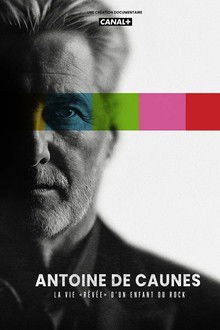
Antoine de Caunes : la vie rêvée d'un enfant du rock (2025)
Documentary on Antoine de Caunes, a French television presenter, comedian, actor, journalist, writer and film director.

Tears of the Sun (2003)
Navy SEAL Lieutenant A.K. Waters and his elite squadron of tactical specialists are forced to choose between their duty and their humanity, between following orders by ignoring the conflict that surrounds them, or finding the courage to follow their conscience and protect a group of innocent refugees. When the democratic government of Nigeria collapses and the country is taken over by a ruthless military dictator, Waters, a fiercely loyal and hardened veteran is dispatched on a routine mission to retrieve a Doctors Without Borders physician.
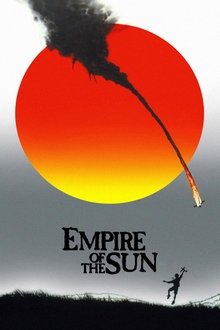
Empire of the Sun (1987)
Jamie Graham, a privileged English boy, is living in Shanghai when the Japanese invade and force all foreigners into prison camps. Jamie is captured with an American sailor, who looks out for him while they are in the camp together. Even though he is separated from his parents and in a hostile environment, Jamie maintains his dignity and youthful spirit, providing a beacon of hope for the others held captive with him.
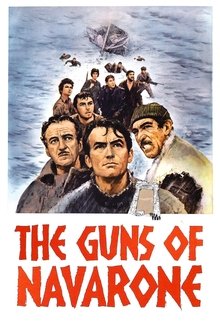
The Guns of Navarone (1961)
A team of allied saboteurs are assigned an impossible mission: infiltrate an impregnable Nazi-held island and destroy the two enormous long-range field guns that prevent the rescue of 2,000 trapped British soldiers.
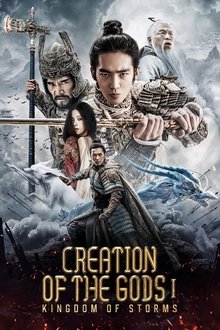
Creation of the Gods I: Kingdom of Storms (2023)
Based on the most well-known classical fantasy novel of China, Fengshenyanyi, the trilogy is a magnificent eastern high fantasy epic that recreates the prolonged mythical wars between humans, immortals and monsters, which happened more than three thousand years ago.
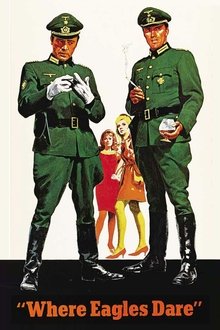
Where Eagles Dare (1968)
World War II is raging, and an American general has been captured and is being held hostage in the Schloss Adler, a Bavarian castle that's nearly impossible to breach. It's up to a group of skilled Allied soldiers to liberate the general before it's too late.
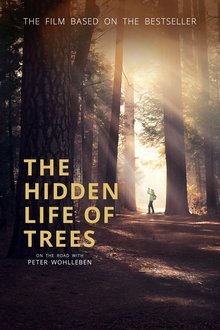
The Hidden Life of Trees (2020)
When Peter Wohlleben published his book "The Hidden Life of Trees" in 2015, he quickly entered bestseller lists. The forester wrote vividly about his experience that trees are able to communicate with each other, a thesis explored here.
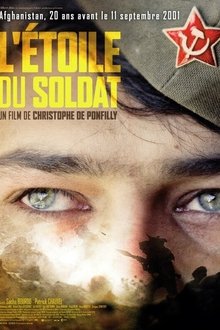
The Soldier's Star (2006)
A Russian guitarist was enlisted in 1984 in the Afghan war. Imprisoned, he will meet an Afghan musician and a French journalist.
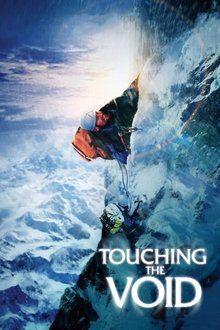
Touching the Void (2003)
The true story of Joe Simpson and Simon Yates' disastrous and nearly-fatal mountain climb of 6,344m Siula Grande in the Cordillera Huayhuash in the Peruvian Andes in 1985.
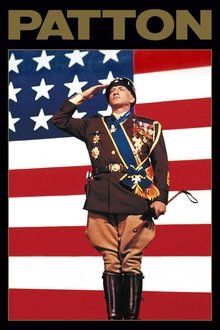
Patton (1970)
"Patton" tells the tale of General George S. Patton, famous tank commander of World War II. The film begins with Patton's career in North Africa and progresses through the invasion of Germany and the fall of the Third Reich. Side plots also speak of Patton's numerous faults such his temper and habit towards insubordination.

Into Great Silence (2005)
An intimate portrayal of the everyday lives of Carthusian monks of the Grande Chartreuse, high in the French Alps (Chartreuse Mountains). The idea for the film was proposed to the monks in 1984, but the Carthusians said they wanted time to think about it. The Carthusians finally contacted Gröning 16 years later to say they were now willing to permit Gröning to shoot the movie, if he was still interested.
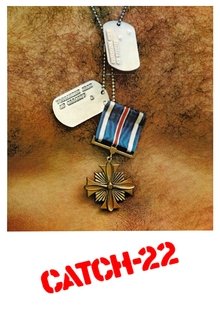
Catch-22 (1970)
A WWII military pilot makes a valiant effort to be certified insane in order to be excused from flying missions. But there's a catch.
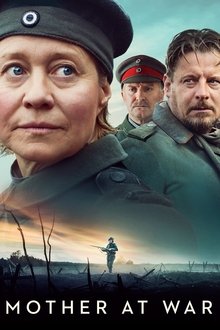
Mother at War (2020)
1918. World War I rages in Europe while Erna Jensen tends to her ordinary life at home in Bramstrup, with her simple-minded son, Kalle. One day the village constable comes to enlist Kalle for military service for the German Empire – of which Southern Jutland is a part. If Erna is to save Kalle from certain death, she must follow him through thick and thin. Upon a chance meeting with a deserting solder she trades identities. Now disguised as Private Julius Rasmussen, Erna heads for the front. In her encounters with the other soldiers and in the presence of the war, unknown sides of Erna are awoken. This is the story of a woman who won’t let a war prevent her from fighting for what she loves.
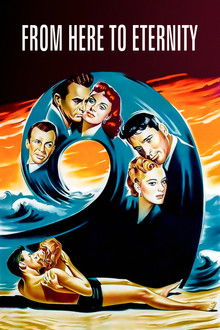
From Here to Eternity (1953)
In 1941 Hawaii, a private is cruelly punished for not boxing on his unit's team, while his captain's wife and second in command are falling in love.
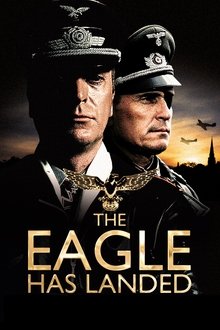
The Eagle Has Landed (1976)
When the Nazi high command learns in late 1943 that Winston Churchill will be spending time at a country estate in Norfolk, it hatches an audacious scheme to kidnap the prime minister and spirit him to Germany for enforced negotiations with Hitler.
